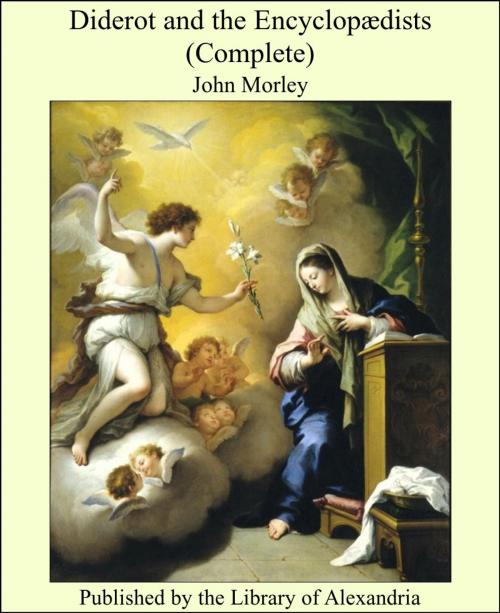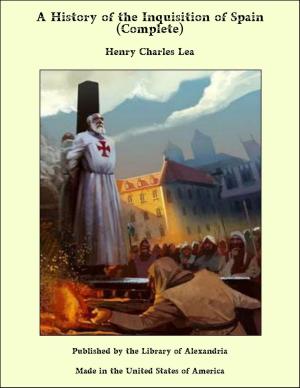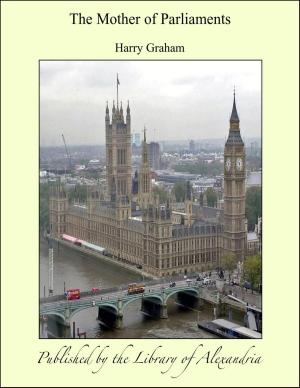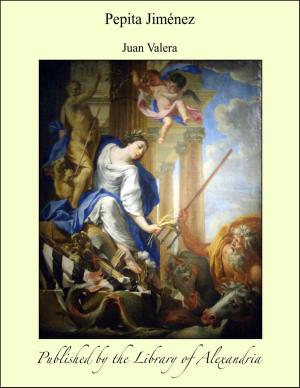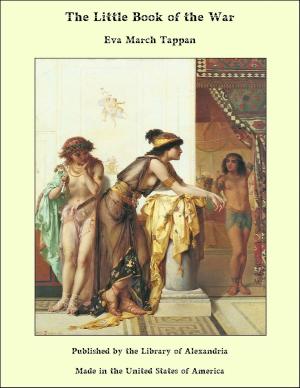Diderot and the Encyclopædists (Complete)
Nonfiction, Religion & Spirituality, New Age, History, Fiction & Literature| Author: | John Morley | ISBN: | 9781465541437 |
| Publisher: | Library of Alexandria | Publication: | March 8, 2015 |
| Imprint: | Language: | English |
| Author: | John Morley |
| ISBN: | 9781465541437 |
| Publisher: | Library of Alexandria |
| Publication: | March 8, 2015 |
| Imprint: | |
| Language: | English |
There was a moment in the last century when the Gallican church hoped for a return of internal union and prosperity. This brief era of hope coincided almost exactly with the middle of the century. Voltaire was in exile at Berlin. The author of the Persian Letters and the Spirit of Laws was old and near his end. Rousseau was copying music in a garret. The Encyclopædia was looked for, but only as a literary project of some associated booksellers. The Jansenists, who had been so many in number and so firm in spirit five-and-twenty years earlier, had now sunk to a small minority of the French clergy. The great ecclesiastical body at length offered an unbroken front to its rivals, the great judicial bodies. A patriotic minister was indeed audacious enough to propose a tax upon ecclesiastical property, but the Church fought the battle and won. Troops had just been despatched to hunt and scatter the Protestants of the desert, and bigots exulted in the thought of pastors swinging on gibbets, and heretical congregations fleeing for their lives before the fire of orthodox musketry. The house of Austria had been forced to suffer spoliation at the hands of the infidel Frederick, but all the world was well aware that the haughty and devout Empress-Queen would seize a speedy opportunity of taking a crushing vengeance; France would this time be on the side of righteousness and truth.
There was a moment in the last century when the Gallican church hoped for a return of internal union and prosperity. This brief era of hope coincided almost exactly with the middle of the century. Voltaire was in exile at Berlin. The author of the Persian Letters and the Spirit of Laws was old and near his end. Rousseau was copying music in a garret. The Encyclopædia was looked for, but only as a literary project of some associated booksellers. The Jansenists, who had been so many in number and so firm in spirit five-and-twenty years earlier, had now sunk to a small minority of the French clergy. The great ecclesiastical body at length offered an unbroken front to its rivals, the great judicial bodies. A patriotic minister was indeed audacious enough to propose a tax upon ecclesiastical property, but the Church fought the battle and won. Troops had just been despatched to hunt and scatter the Protestants of the desert, and bigots exulted in the thought of pastors swinging on gibbets, and heretical congregations fleeing for their lives before the fire of orthodox musketry. The house of Austria had been forced to suffer spoliation at the hands of the infidel Frederick, but all the world was well aware that the haughty and devout Empress-Queen would seize a speedy opportunity of taking a crushing vengeance; France would this time be on the side of righteousness and truth.
